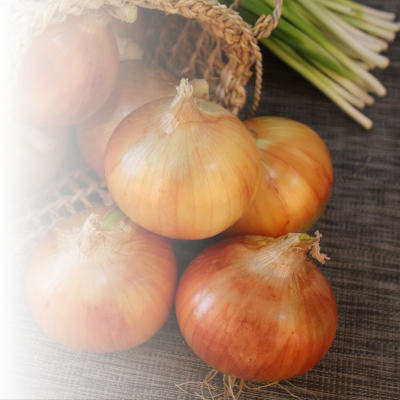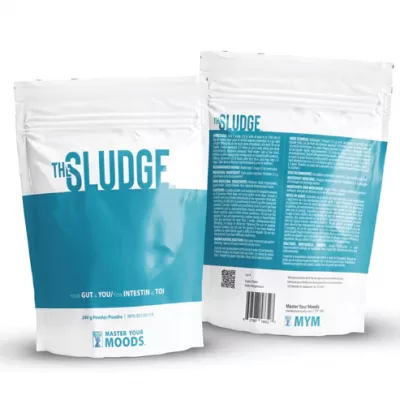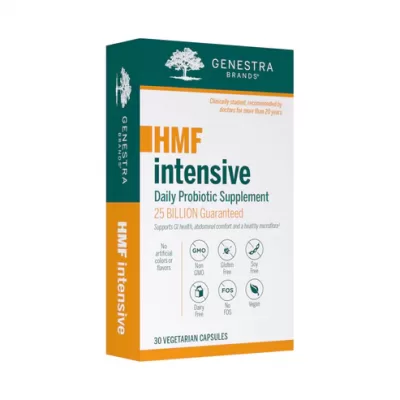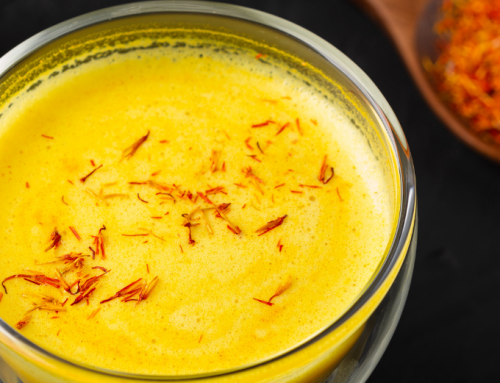When it comes to gut health, a lot of people know about the importance of probiotics. But there’s another crucial part of keeping our gut healthy that’s often missed: prebiotics. If you’ve tried incorporating more prebiotic foods into your diet but have experienced uncomfortable digestive side effects, keep reading for some helpful tips.
What are prebiotics?
Prebiotics are certain types of dietary fibre that feed the helpful bacteria in our guts and help to keep them growing and active. They are key to maintaining a healthy and happy gut microbiome.
A healthy gut is key for overall health, especially:

Tips for incorporating prebiotics into your diet:
- Start small and increase gradually: If you are not used to consuming a lot of fibre, adding too much at once can cause digestive discomfort. Up your intake gradually so your body can adjust, then stay consistent with your fibre intake.
- Focus on fruits, vegetables, and whole grains: When you incorporate more of these into your diet, you also benefit from all the other nutritious compounds found in these foods, including antioxidants and important vitamins and minerals. Some easy meal and snack ideas include oatmeal with blueberries, chia seed pudding, apple slices, and vegetable stir-fry.
- Drink enough water: When you increase your fibre intake, it’s important to ensure you drink enough water to prevent constipation. Check out our top hydration tips.
- Consider supplements: If you find it hard to get enough prebiotics through your diet, think about adding a prebiotic-rich supplement like The Sludge to your gut health routine.
Great food sources of prebiotics include:
- Garlic and onions
- Leeks
- Asparagus
- Barley
- Oats
- Apples
- Cocoa
- Flax seeds
- Chia seeds
- Seaweed
- Blueberries








